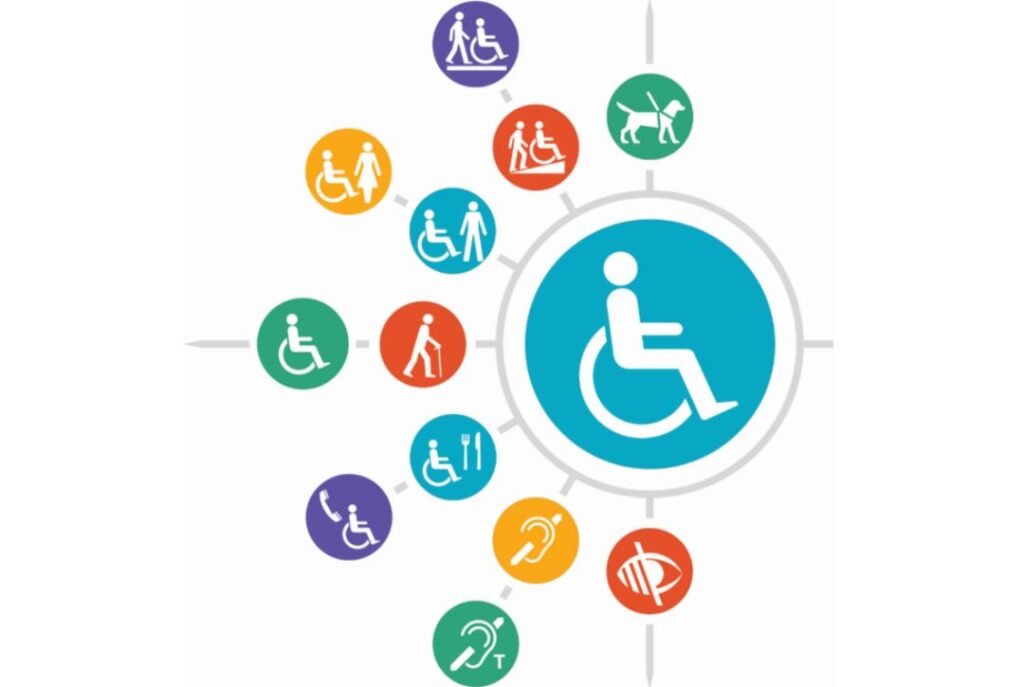Anti-Bulling
Imperial College of Excellence (ICE) is dedicated to eradicating bullying from the organization and will not accept any kind of harassment or bullying. Our goal is to establish high standards for instruction and learning that push our pupils to succeed. This is supported by our anti-bullying and harassment policy, which encourages tolerance and respect for the College and one another. We think that the best way to combat bullying is to promote an atmosphere where people can grow up without fear and where uniqueness is valued. This entails making certain that all of our staff members and students have a common understanding of what bullying is and that students are urged to notify the IAG Officer of any bullying situations. In order to adequately prepare our pupils for life in contemporary Britain, we teach them the necessary behaviors, attitudes, and abilities.
The use of violence with the aim to cause harm to another individual is known as bullying. It typically involves repeated acts of hostility and/or manipulation and is conscious and willful.

Race

Gender

Sexual orientation

Disability

Nationality

Religion or Language

Socio-economic status

Other real or perceived differences
It may also be for no obvious cause, though. Bullying can occur in a variety of ways, such as:
-Use of mobile phones and computers, such as texting and cyberbullying
-Being referred to by names
-Being made fun of or harassed
-Being dragged or shoved
-Being struck or assaulted
-Having luggage and other belongings stolen and tossed around
-Having gossip circulate
-Being disregarded and excluded
-Being made to give up money or belongings
-being assaulted on the basis of sexual orientation, gender, class, age, religion, race, ethnicity, language, sexual orientation, disability, familial situation, etc.
There are several types of harassment. These consist of:
-The distribution or exhibition of objectionable content, such as badges or graffiti
-Body language and abusive gestures are examples of nonverbal abuse.
-Unsuitable remarks on someone’s appearance
-Asking intrusive questions about someone else’s personal life
-Verbal abuse, including name-calling, “jokes,” and provocative comments
-Unnecessary physical contact, including touching, that could be sexual
-actual or threatened physical assault or abuse. Harassment may be a significant criminal offense in extreme situations, such as stalking, assault, rape, inciting racial hatred, or homophobic hate crimes.
Employees are in charge of making sure that students follow the rules outlined in the Student Code of Conduct. Managers are in charge of making sure that employees perform their jobs well and act in accordance with the college’s values and rules.
Any student who feels they might need it can get one-on-one peer-to-peer help through the College’s “Buddy” system. Buddies, who are paired with one other student from the Anti-Bullying Team, meet on a regular basis to check in and discreetly talk about any problems they may be having. Students can converse with someone their own age using the buddy system, exchanging advice and pertinent experiences.
The way the College handles bullying is prescriptive in how it handles certain situations. No one party is held solely responsible, and as a last resort, mediation and reconciliation are promoted. Outside of college hours, parental engagement may be crucial in supporting the anti-bullying vow, and before punishments are applied, a constructive solution is sought.
However, if these strategies are unsuccessful, the College’s position on bullying is unambiguous: bullying will not be accepted in the campus classroom. We shall never undervalue or jeopardize the happiness and mental health of our students. Students who continue to engage in bullying behavior will therefore face either temporary or permanent exclusion, as outlined in the College’s Anti-Bullying and Exclusion Policies.



